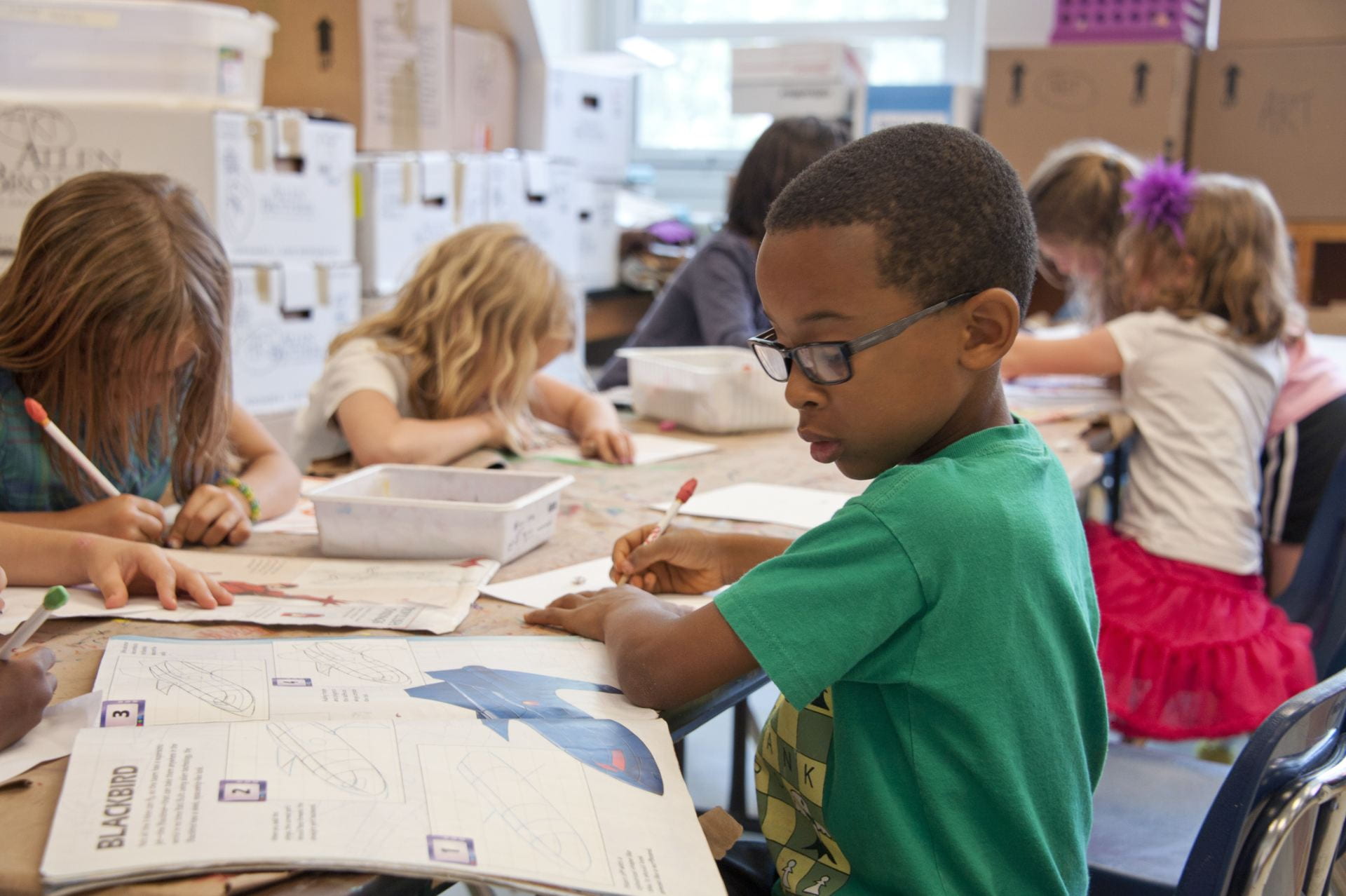Cole Fontenot ’22 is a Highland Capital Management Tower Scholar, Dedman College Scholar, and recipient of the 2021 Rubottom Foreign Service Internship through the Tower Center. Read more about his experience in the post below.
This summer I interned through Child Care Aware of America, specifically assisting with a research project that analyzes the pandemic’s effects on early childhood development by measuring not only student success in the classroom through traditional metrics like testing and reading comprehension but also through a more holistic approach focusing on the children’s mental wellbeing. The pandemic and the challenging transition to virtual learning hit elementary schools and preschools the hardest. Students at that particular age require in-person instruction to develop fundamental skills they carry on throughout not only the K-12 education system but their whole lives as well. Despite incredibly innovative efforts by a myriad of teachers, school districts, and before- and after-school childcare providers to help mitigate the problems that virtual or hybrid learning imposed on young schoolchildren, the past year and a half has exposed the inequality that is pervasive in our country’s early childhood education networks. The troublesome local, state, and federal policies in place highlighted how a once-in-a-lifetime disruption of childcare and early childhood education-based institutions requires a comparable commitment to revitalizing and restructuring these institutions and the frameworks within which they operate.
What I took away from the internship experience is just how fragmented childcare policies are today. There is a lack of standardization across states and municipalities, in addition to a lack of historic leadership on the federal level to lead a conscious charge to overhaul such a system. Lower-income and rural families faced numerous barriers when it came to childcare during the pandemic, chief among them were cost and access. The United States also spends a considerably low amount of money in terms of a percentage of overall GDP on childcare compared to other developed countries. There are strong humanitarian and economic arguments for guaranteeing accessible and affordable childcare to all families. As one can imagine, children being isolated from their schools for a year and a half has had a considerable impact on their mental health. Even a year-long setback at these early ages has ripple effects that can easily multiply to disrupt the rest of their neurological development. We as a nation, but also in our own individual communities, should place a far higher amount of importance on providing childcare to families as now more than ever we need to make up for this deficit. Without a strong commitment to childcare, the United States runs the risk of failing to grow a highly competitive and technically advanced workforce that will be required in the coming decades to maintain a robust economy in the digital age.
My main two take-aways from the internship experience were, first, how much of early childhood education and development is absent from the current conversation surrounding how nations can better compete in the 21st century. I think we will come to see heavy investments in universal childcare as a reliable indicator for economic growth for countries in a future where upheaval caused by advancements made by automation and artificial intelligence require a flexible and highly trained working-age population. Tangentially, foreign aid which is specifically designed to provide access to childcare in developing countries that often do not have the resources or luxury of making such investments could be an effective tool to help reinforce relations between nations while also accelerating the ability of these countries to compete in the global economy. The second takeaway is perhaps a bit more personal in the sense that it reaffirmed for me that I would love to work on the front lines of early childhood development after I graduate. It is fleshed out in the data but there is an incredible impact childcare facilitators, teachers, and administrators can have on young kids that is genuinely inspiring. It also reinforces how seriously we as a people should take care for our children.
To learn more about our fellowships and scholarships, go here.
